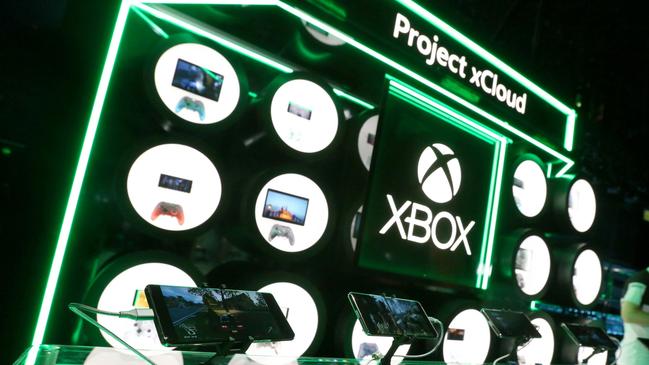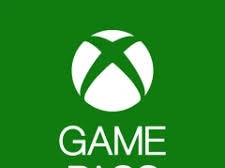Play any game, any time
Subscription services such as Xbox Game Pass continue to grow in popularity.

Pretty much since their inception, computer and video games have worked on the same sort of ‘outright purchase’ model first developed for gramophone records in the 1920s.
You buy a physical copy of the entertainment content on a disc from a shop, you own that copy of the physical medium, you play it, and when you’re finished with it, put the disc on a shelf or sell it to someone else to play.
While that is still a major part of the system today, it’s not the only model; and echoing the changes in the TV and movie sector games developers and publishers are looking for new ways to sell their products to consumers.
One of the biggest changes is the form of subscription services, whereby instead of paying for a game outright, users pay a monthly fee to access a library of games which they can play as much as they like as long as their subscription remains active.
The model is broadly similar to that of streaming TV services such as Netflix or Stan, and several of the major publishers – notably Microsoft, Sony, Ubisoft, EA and Apple – offer a subscription games service.
The Xbox Game Pass from Microsoft is probably the most successful and popular of the games subscription services, with more than 10 million members from 41 countries (including Australia) signing up for it since it was launched in 2017, at a monthly cost of AUD$10.95 per month for PC or console access, or AUD$15.95 per month to access both PC and console libraries.
The library is large and ever-growing, and currently has more than 100 Xbox and PC games including all the Microsoft first-party games (such as Sea of Thieves and Gears 5) as well as AAA titles including Red Dead Redemption II, The Witcher III, and Fallout 76, and a host of indie games as well.
Xbox Gaming Services marketing head Ben Decker said Xbox decided to introduce the Game Pass as a way to provide the gaming community with more options to diversify and expand their library of games.

“We’re committed to providing more value and choice to gamers and we want to empower them to play the games they want, with the people they want, on the devices they want,” he said.
Mr Decker said from a developer perspective, Game Pass had proven a very effective way to get their game in front of more people than the traditional purchase model.
“We hear from developers that bringing their titles to Xbox Game Pass means they have the opportunity to find new, larger audiences since members are always looking to try out different games,” he said.
“In fact, after joining Xbox Game Pass, people play 30 per cent more genres than before, and we’ve seen 40 per cent of members play a game they haven’t tried prior to joining the service. More than 90 per cent of members say they played a game they wouldn’t have tried without Xbox Game Pass, expanding the possibilities for developers to reach even more people.”
Ubisoft – well known for the Assassin’s Creed historical action-adventure franchise and Rainbow Six: Siege competitive multiplayer game – recently launched their own subscription service, UPlay+, and a spokesperson said it allowed the company to provide players value and the chance to play a huge catalogue of Ubisoft games, as well as opening and expanding the audience and community of players.
“The video game market is constantly evolving it is not only a question of products anymore; we are embracing the service approach as well, we need to adapt the way we make our games accessible to players, they said.
“We want to provide our players’ options and the subscription model is a relevant and valuable model as it comes with a single destination to find every available content and the freedom to discover and play in our worlds.”
Mr Decker said Game Pass was firmly part of Xbox’s strategy heading into the next generation of consoles as well.

“Xbox Game Pass delivers on multiple areas in our vision for the future of gaming: access to blockbuster content that will span current and future gaming generations, and giving gamers choice in how they play,” he said.
“With instant and unlimited access to more than 100 games, many of which will be optimised for the next console generation, Xbox Game Pass will continue to provide value and discovery for members.
“In terms of providing player choice, Xbox Game Pass is currently available on Xbox One and PC, and we’ll expand to mobile later this year when we adding our cloud game streaming technology, Project xCloud, to Xbox Game Pass.
“We’ll continue to find new ways to add value to Xbox Game Pass for our more than 10 million members as we enter the next generation of gaming.”
While digital delivery is undoubtedly the way of the future, the major publishers have indicated games will still be released on physical media for a while yet, with Ubisoft’s spokesperson saying retail remains – and would remain – an important component of the video game industry.
“Every player is different, the way they want to consume and play video games varies from one player to another: some want to get and keep the physical copy of their preferred game, while others value outcomes over ownership,” they said.
“It is key we provide our players with different touch points and ways to access our content, whether digitally or physically.”


